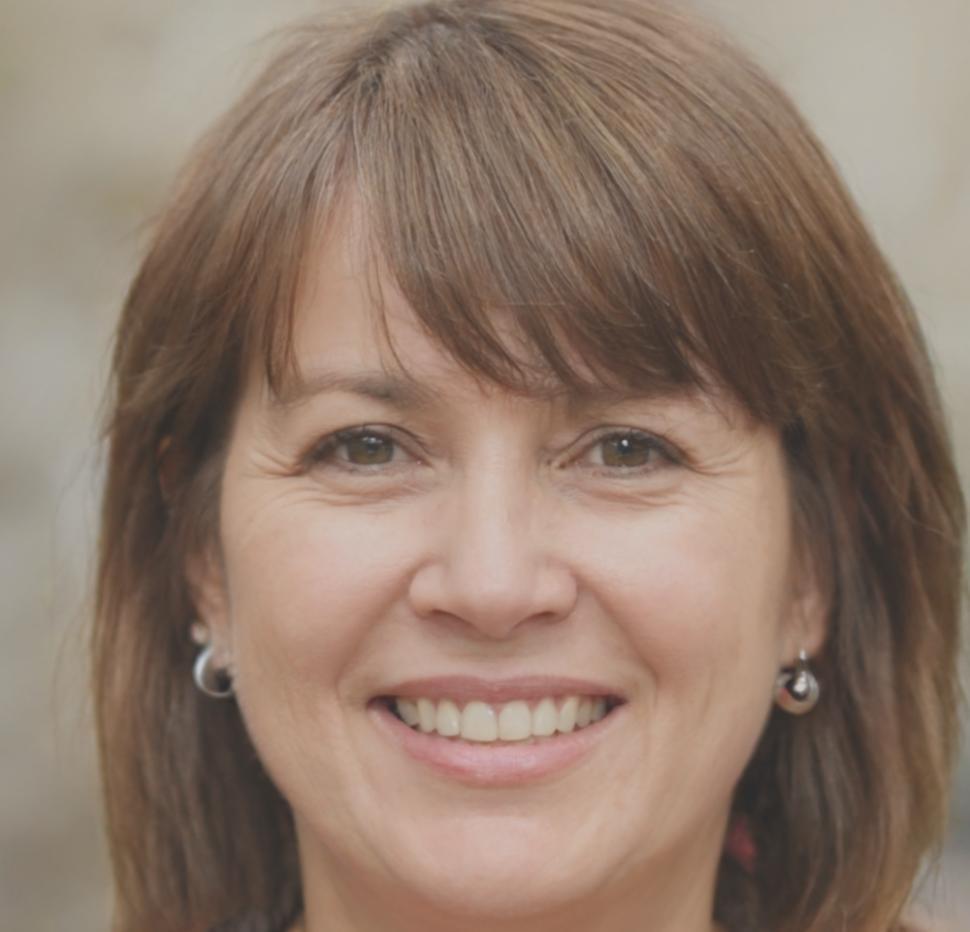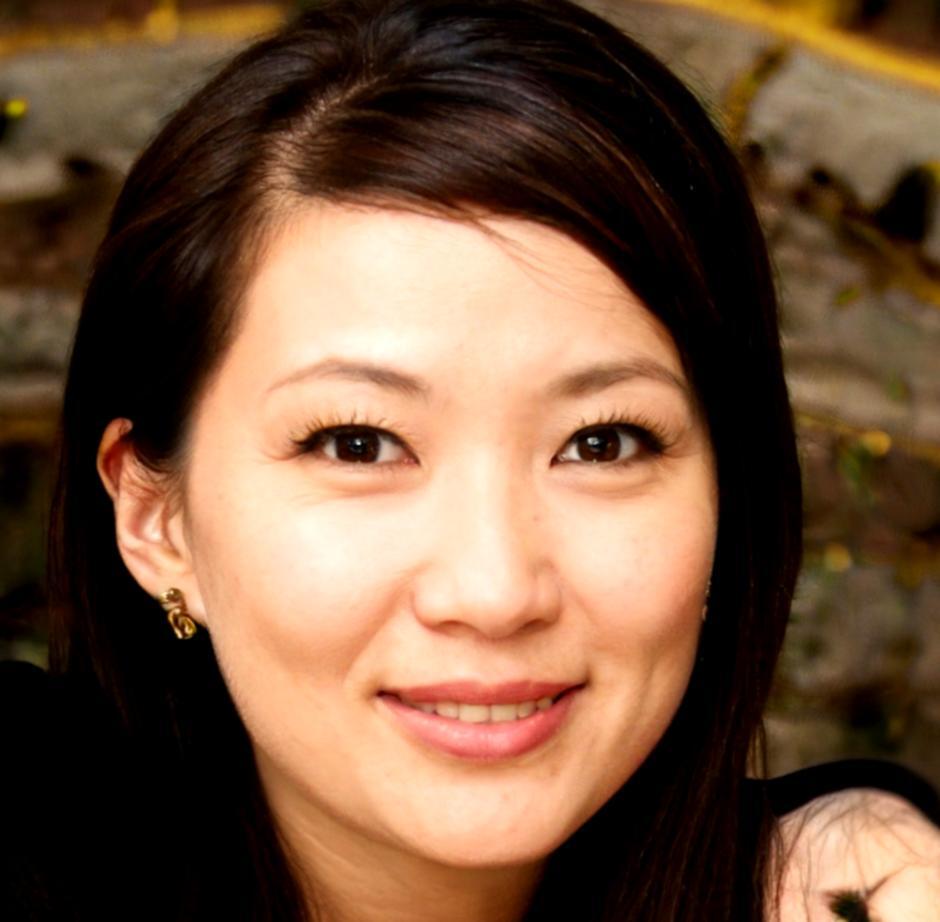Most budgeting programs tell you what to do. We show you why it matters. Our workshops start September 2025, giving you months to think about whether this feels right for your situation.
We've worked with families who've tried every app and spreadsheet. The problem isn't the tools – it's understanding how money flows through your actual life.
Ask About Our Approach
You've probably heard you should track every coffee purchase. That works for some people, but honestly? Most find it exhausting and quit after three weeks.
Our foundational workshops run over six Saturday mornings. We meet at a community space in Orange, talk through real scenarios, and you leave with a method that actually fits how you think about money.
The autumn 2025 intake starts September 13. That's intentional – gives you winter to sort through your current approach and see what's not working.
We cap groups at twelve people. Smaller sessions mean actual conversations instead of lectures you could watch online.
Maybe you're managing rental income alongside regular wages. Or you've got a small business mixed with household expenses. Perhaps there's debt from three different sources and you're tired of juggling.
These situations need more than basic budgeting. Our advanced program runs as evening sessions – eight weeks starting October 2025. We work through your actual numbers, not hypothetical examples.
People sometimes ask if we can guarantee specific outcomes. We can't. What we can do is help you see patterns you've been missing and build systems that reduce the mental load.
Previous participants have included freelancers, farmers dealing with seasonal income, and families supporting adult children. The common thread? They needed clarity, not judgment.
We've refined this over three years of running workshops. Some things changed based on feedback. Others stayed because they consistently help people shift how they think about household finances.
Before we talk about changing anything, you need to see what's actually happening. We map out where money comes from and where it goes. Not to shame anyone – just to establish baseline truth.
Here's what surprises people: the hardest part of household budgeting isn't math. It's talking about money without triggering defensiveness or anxiety. We practice having these conversations in ways that actually work.
Some people need detailed tracking. Others do better with big-picture guidelines. We help you figure out which approach suits your brain and your life circumstances, then build that system together.
You'll try your new approach for two weeks and come back with what worked and what didn't. This isn't failure – it's information. We adjust based on real results, not theory.

Former accountant who got tired of telling people to "just spend less" without addressing why that's hard. Now runs practical workshops that actually help.
We're not going to claim this will transform your entire financial life. What it might do – if you show up and engage honestly – is give you a clearer picture of how money moves through your household and better tools for talking about it.
The workshops run in Orange because that's where we're based. Face-to-face matters for this kind of work. You need to see other people struggling with similar questions. Online courses have their place, but not for building the confidence to tackle something that feels overwhelming.
Registration for autumn and spring 2025 intakes opens in June. We typically fill spots within four weeks, so earlier contact helps if you're considering this.

Specializes in helping couples navigate financial disagreements without damaging the relationship. Her background in mediation shows.
Send us a message describing where you're at with household finances. We'll have a conversation about whether our approach might help or if there's something else that would work better for you.
Start A Conversation